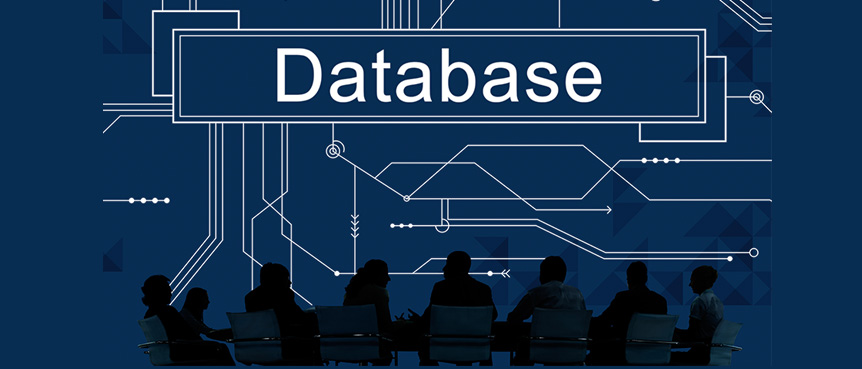
Database Course
Delving Into The Depths Of Databases : Your Guide To Understanding And Mastering Them Databases are the silent powerhouses behind countless applications we use daily, storing and organizing information efficiently. Whether you're a budding programmer, data analyst, or simply curious about how things work, understanding databases is a valuable asset. So, let's embark on a journey to explore this fascinating realm:
What is a Database?
Simply put, a database is a structured collection of data, typically electronically stored and managed by a software system called a Database Management System (DBMS). Databases organize information into tables with rows and columns, allowing for efficient retrieval, manipulation, and analysis.
Types of Databases :
Relational Databases : Organize data into related tables with defined relationships, like customer orders and order details. Popular examples include MySQL, Oracle, and Microsoft SQL Server.
NoSQL Databases : Offer flexibility for unstructured or semi-structured data, often used for big data and web applications. Examples include MongoDB, Cassandra, and Couchbase.
Cloud Databases : Hosted and managed by cloud providers like Amazon Web Services (AWS) and Microsoft Azure, offering scalability and ease of use.
Why are Databases Important?
Organization and Efficiency : Databases store and manage large amounts of data efficiently, ensuring quick access and retrieval.
Data Integrity and Consistency : Rules and constraints maintain data accuracy and prevent inconsistencies.
Data Sharing and Collaboration : Databases enable multiple users to access and update information simultaneously.
Data Analysis and Insights: Powerful tools within databases and external applications unlock valuable insights from stored data.
Benefits of Learning about Databases:
Career Opportunities : Database skills are highly sought-after across various industries, leading to promising career paths.
Personal Development : Understanding databases enhances your thinking skills and problem-solving abilities.
Data Literacy : Empowers you to critically analyze and utilize information effectively in an increasingly data-driven world.
Getting Started with Databases :
Choose a platform : Consider relational databases like MySQL or PostgreSQL for starters, or explore NoSQL options like MongoDB.
Online Resources : Utilize free tutorials, interactive courses, and documentation from database providers and learning platforms.
Practice and Experiment : Set up your own database (cloud-based or local) and practice creating tables, inserting data, and querying it.
Community Engagement : Join online forums and communities to connect with other learners and experts, ask questions, and share experiences.
